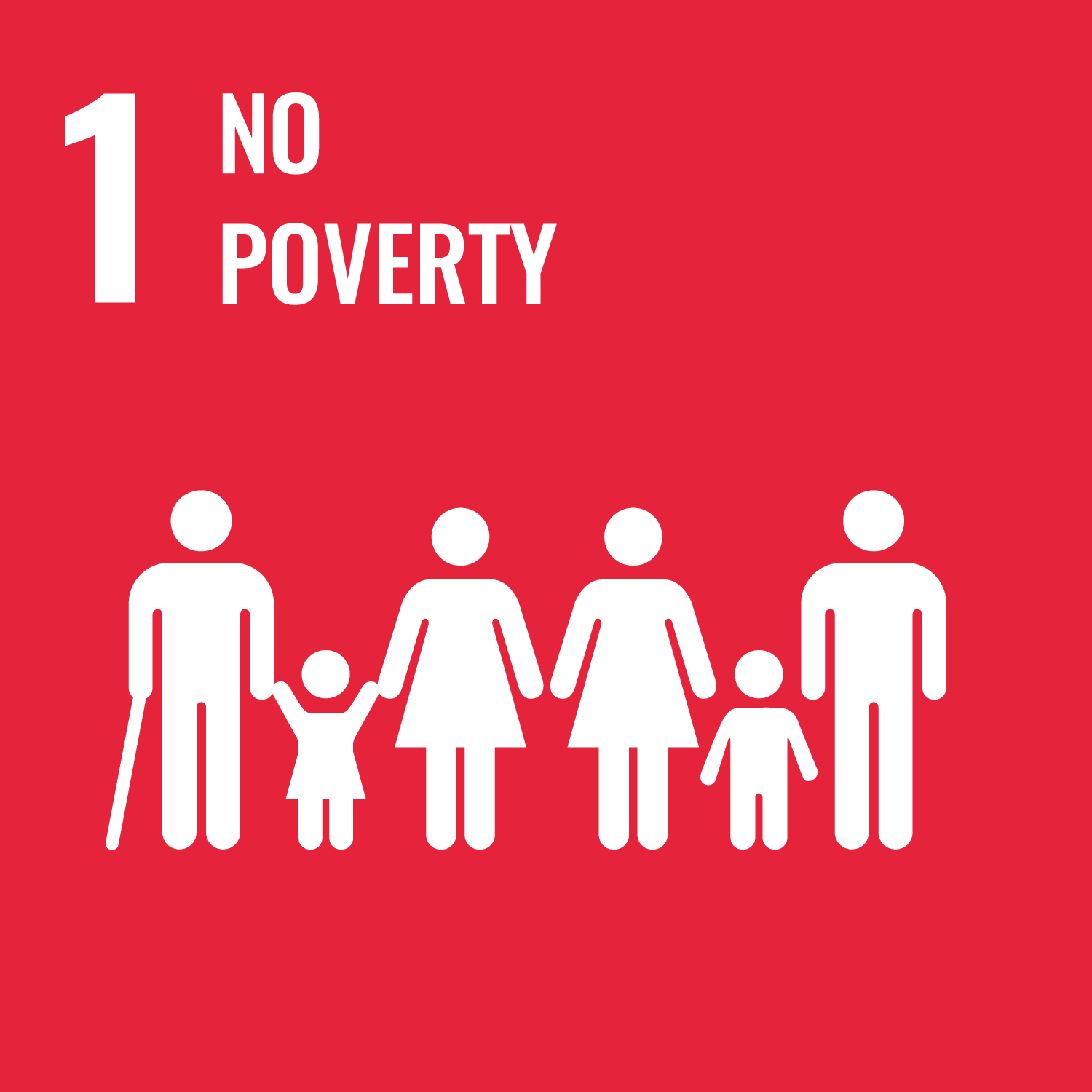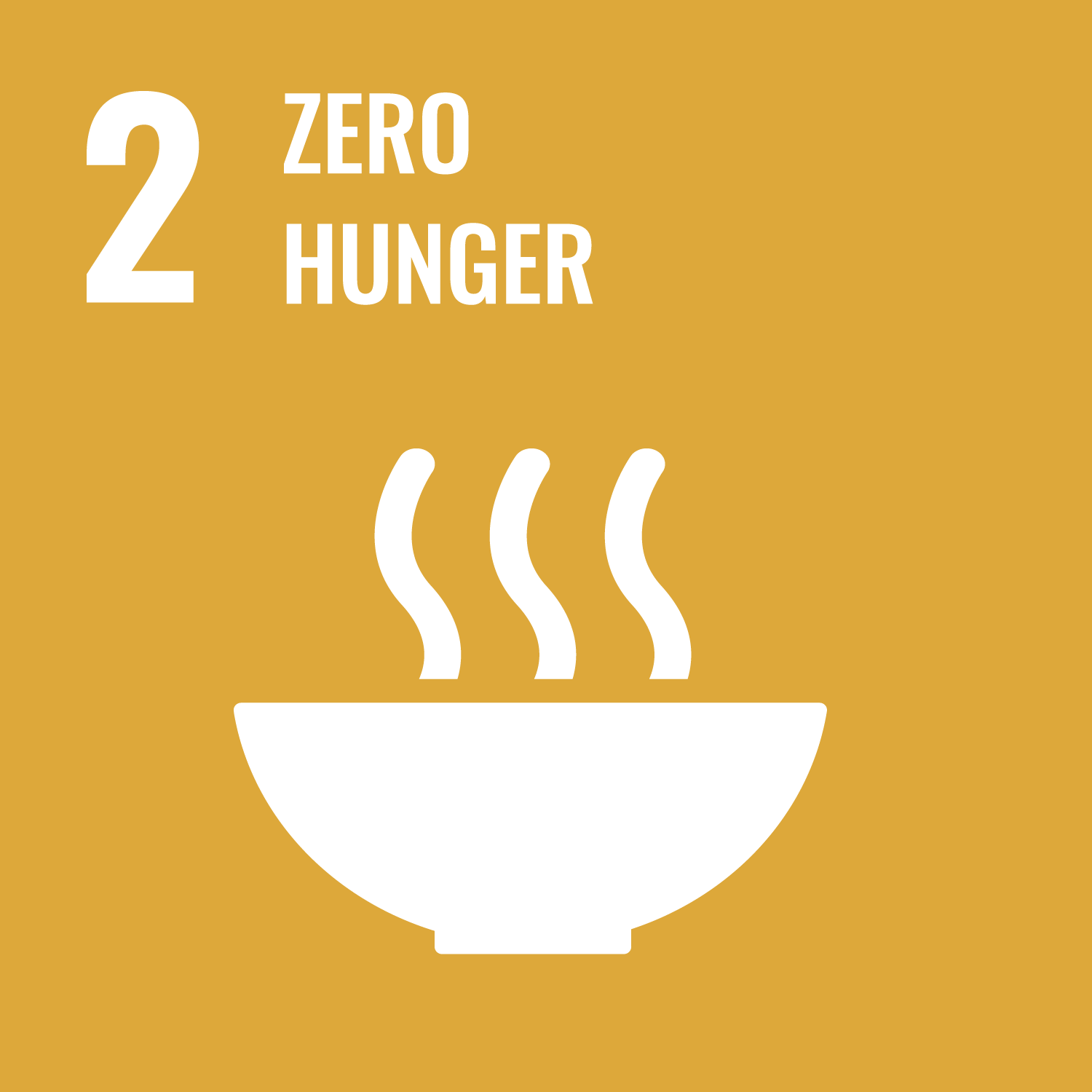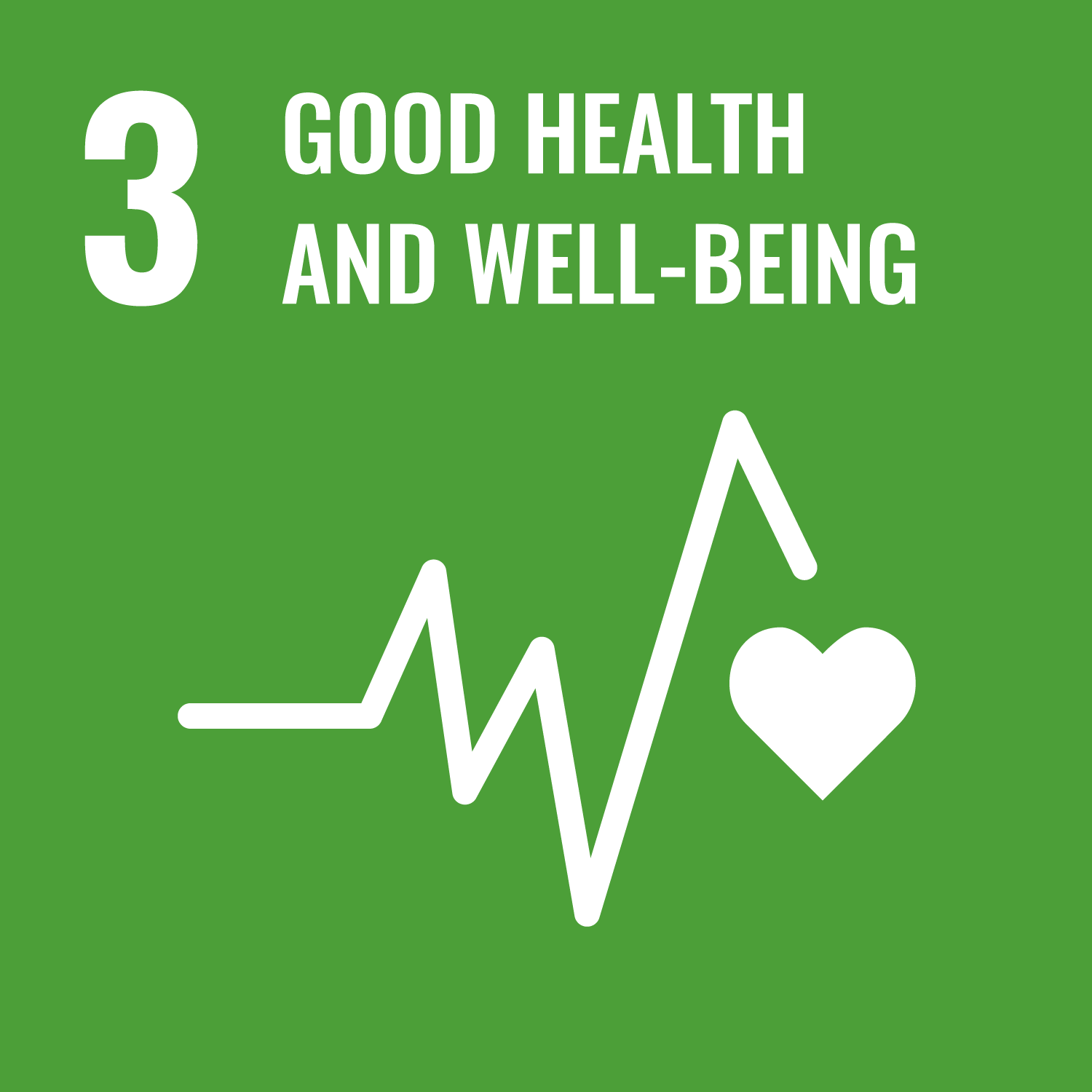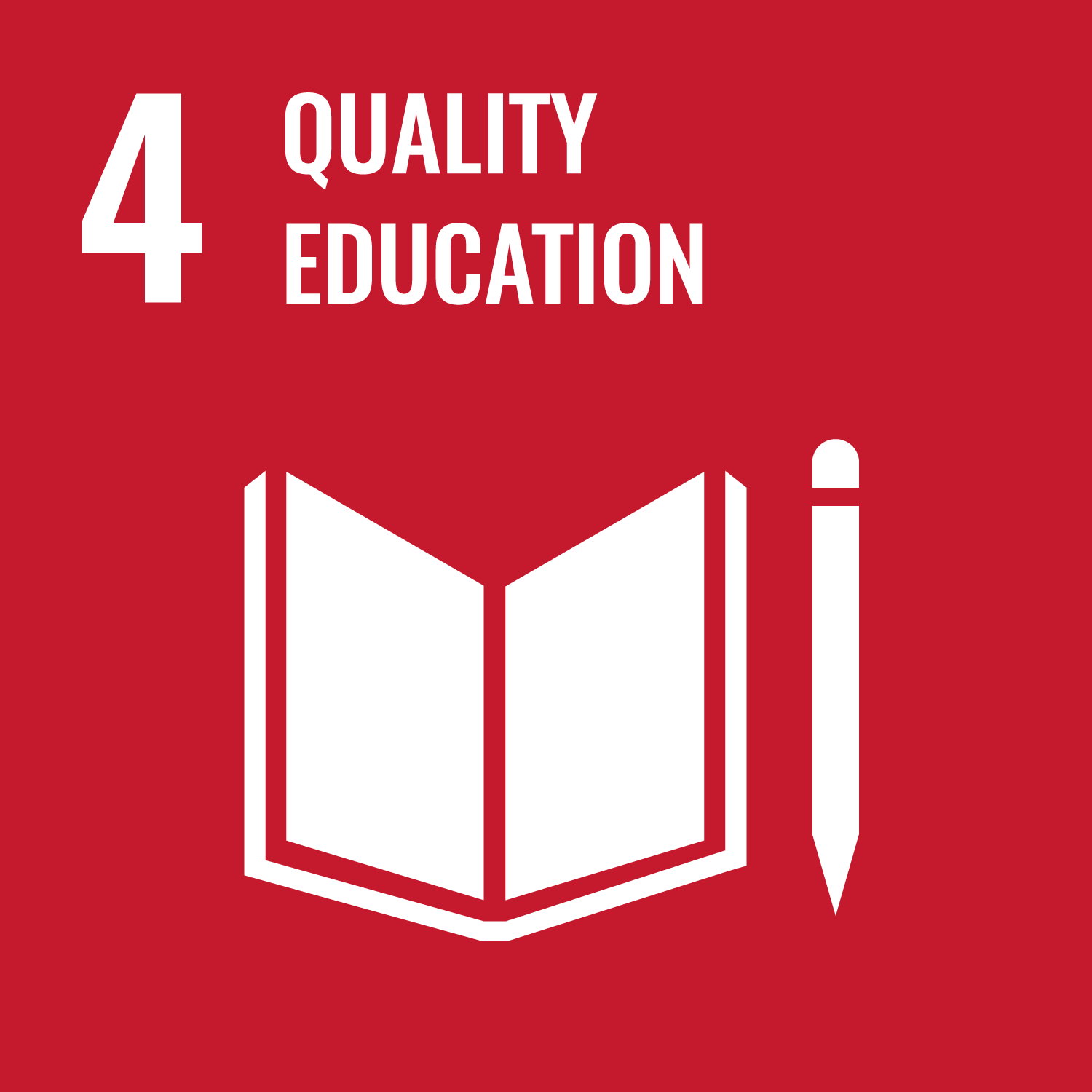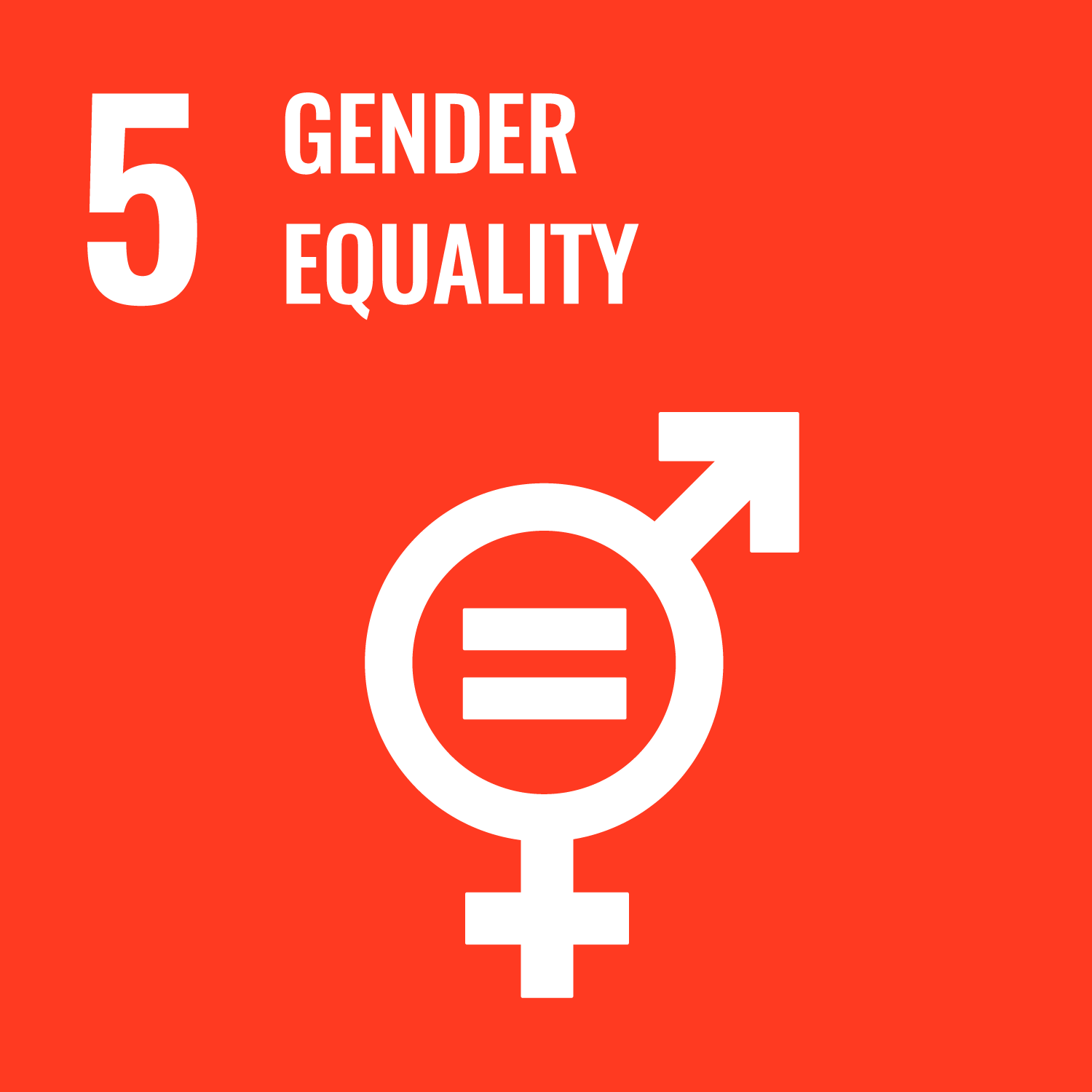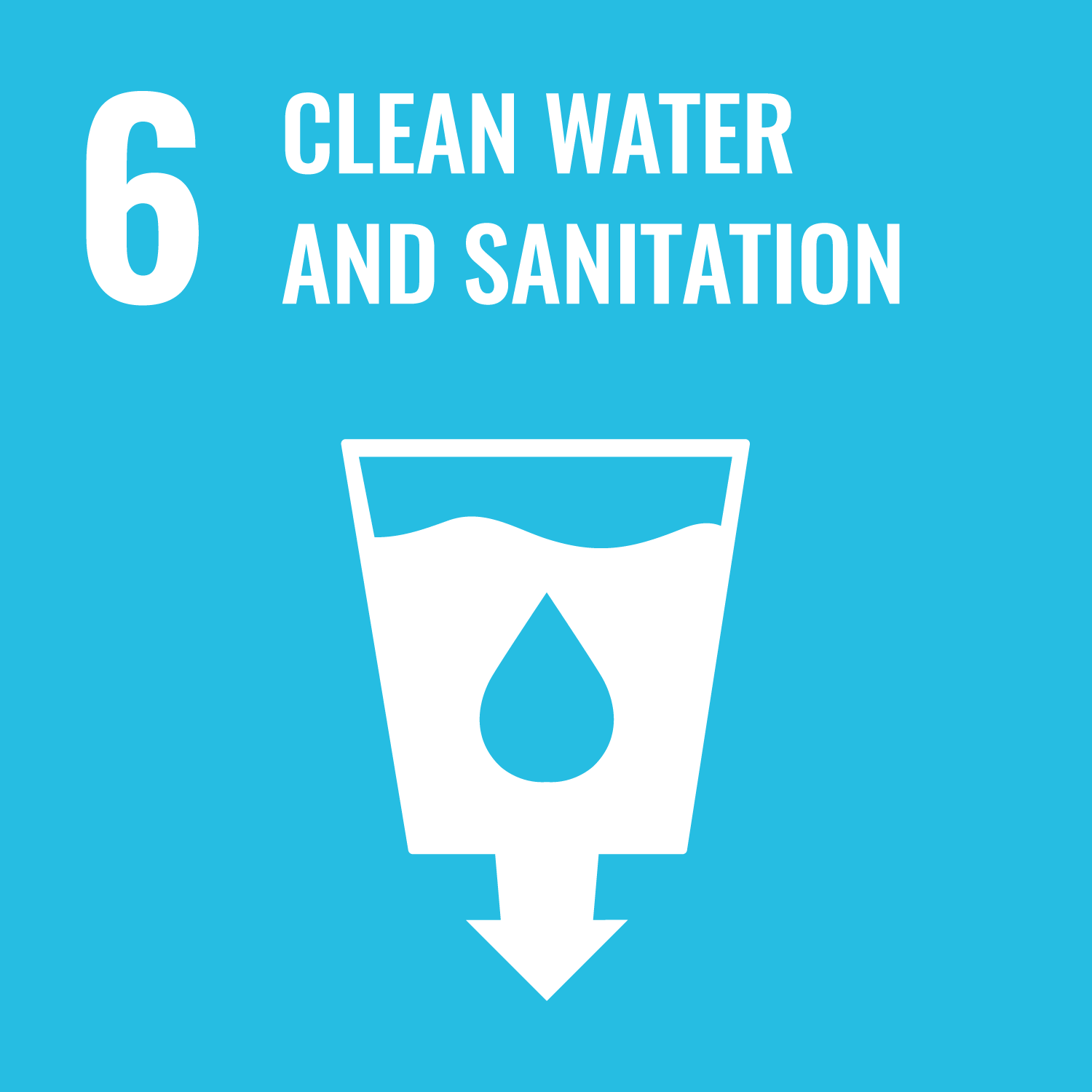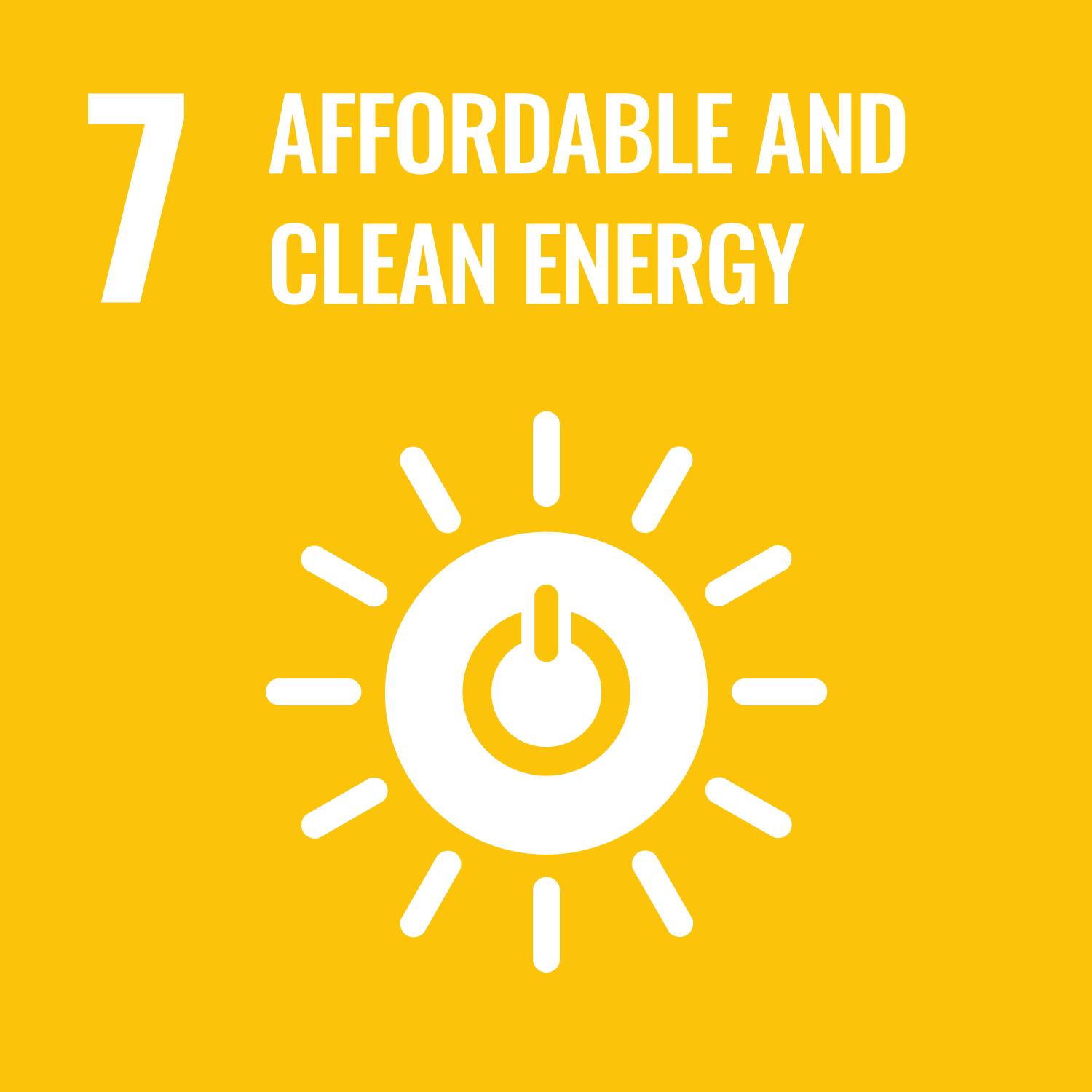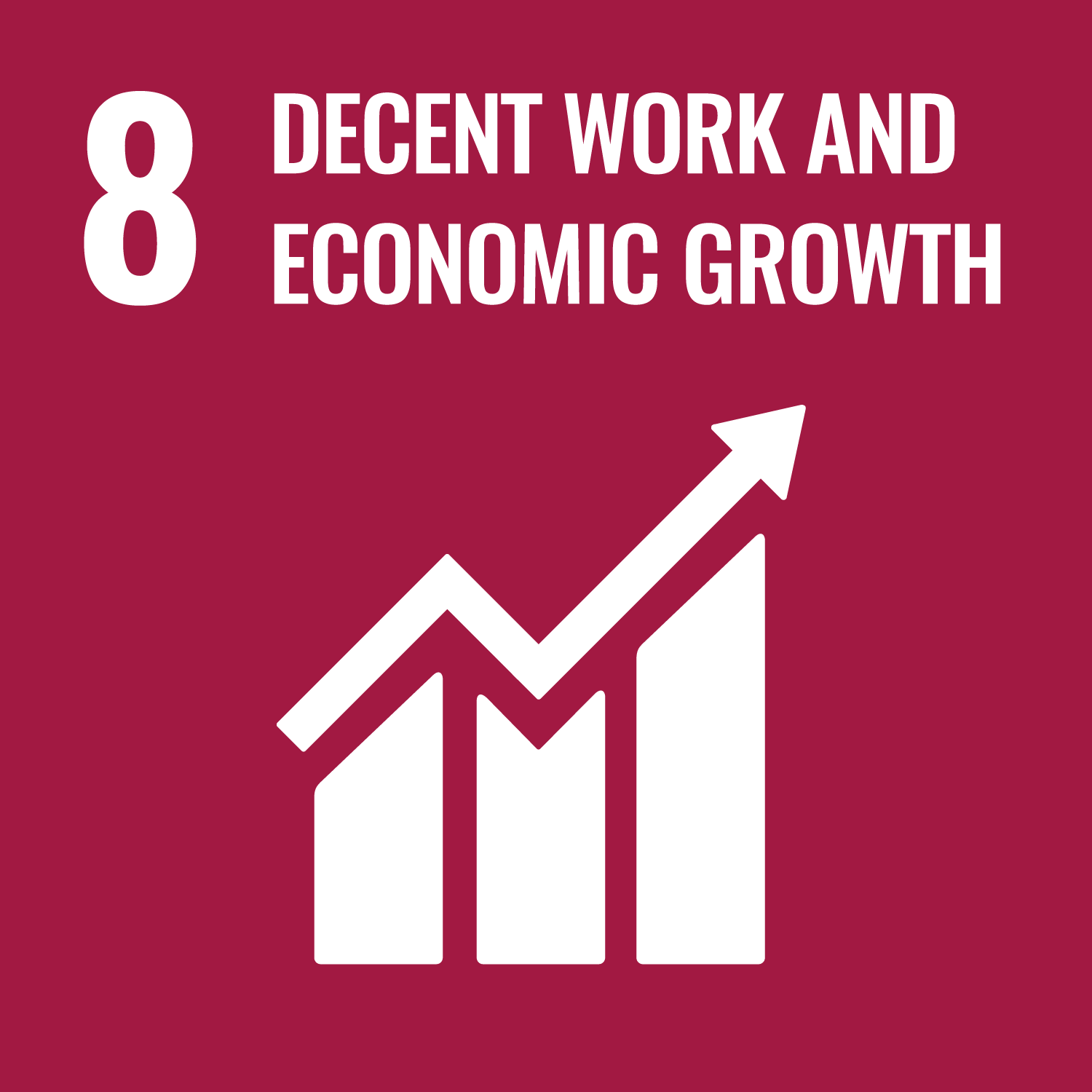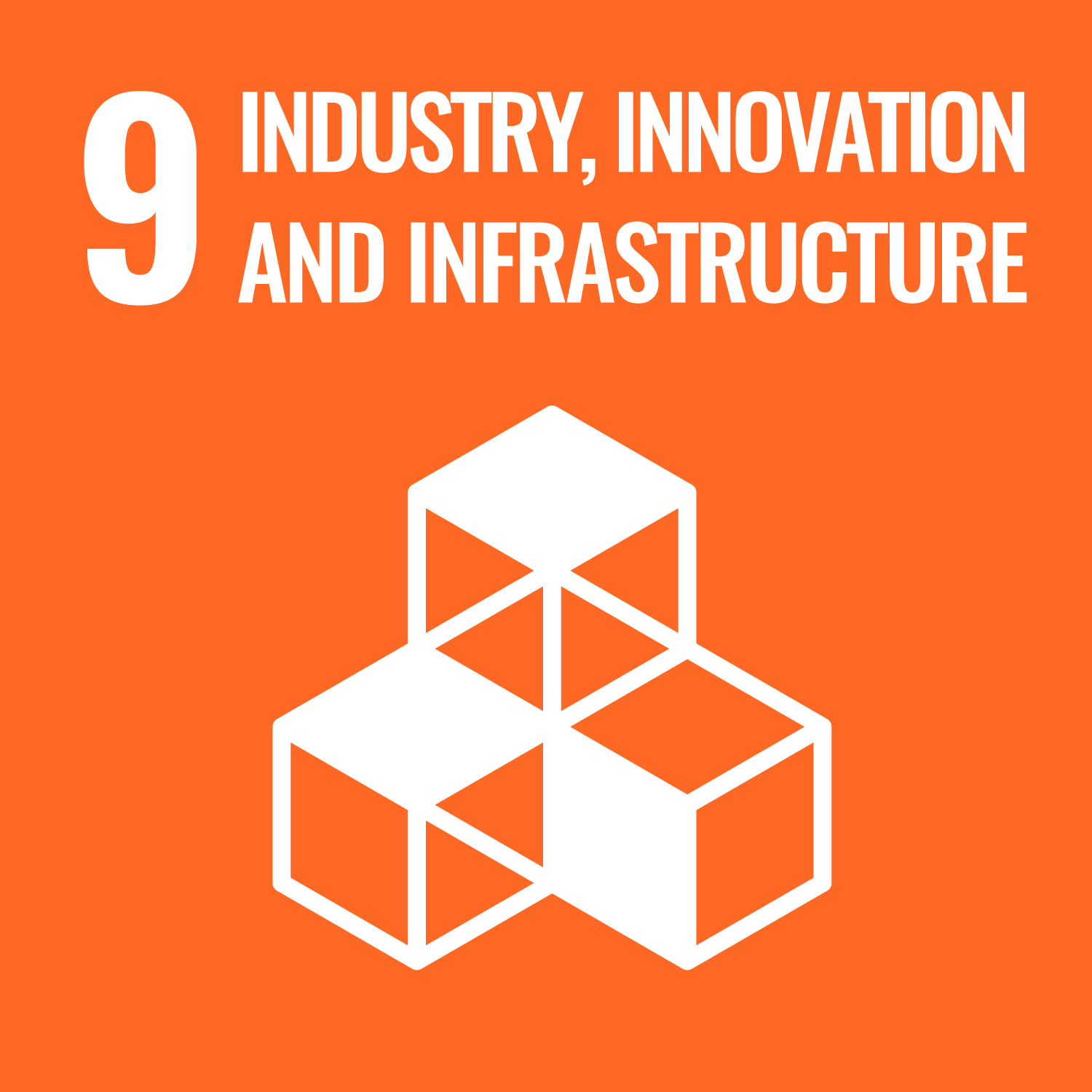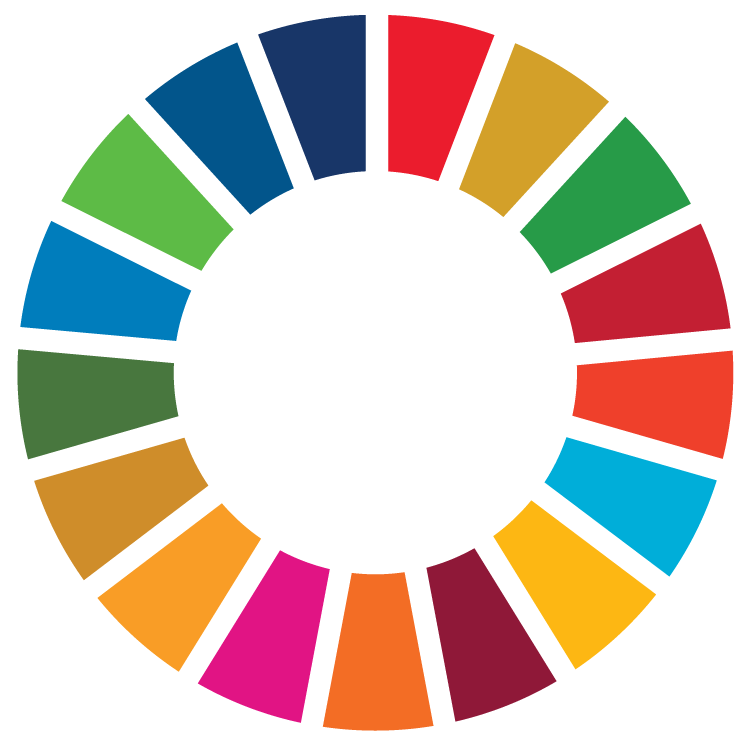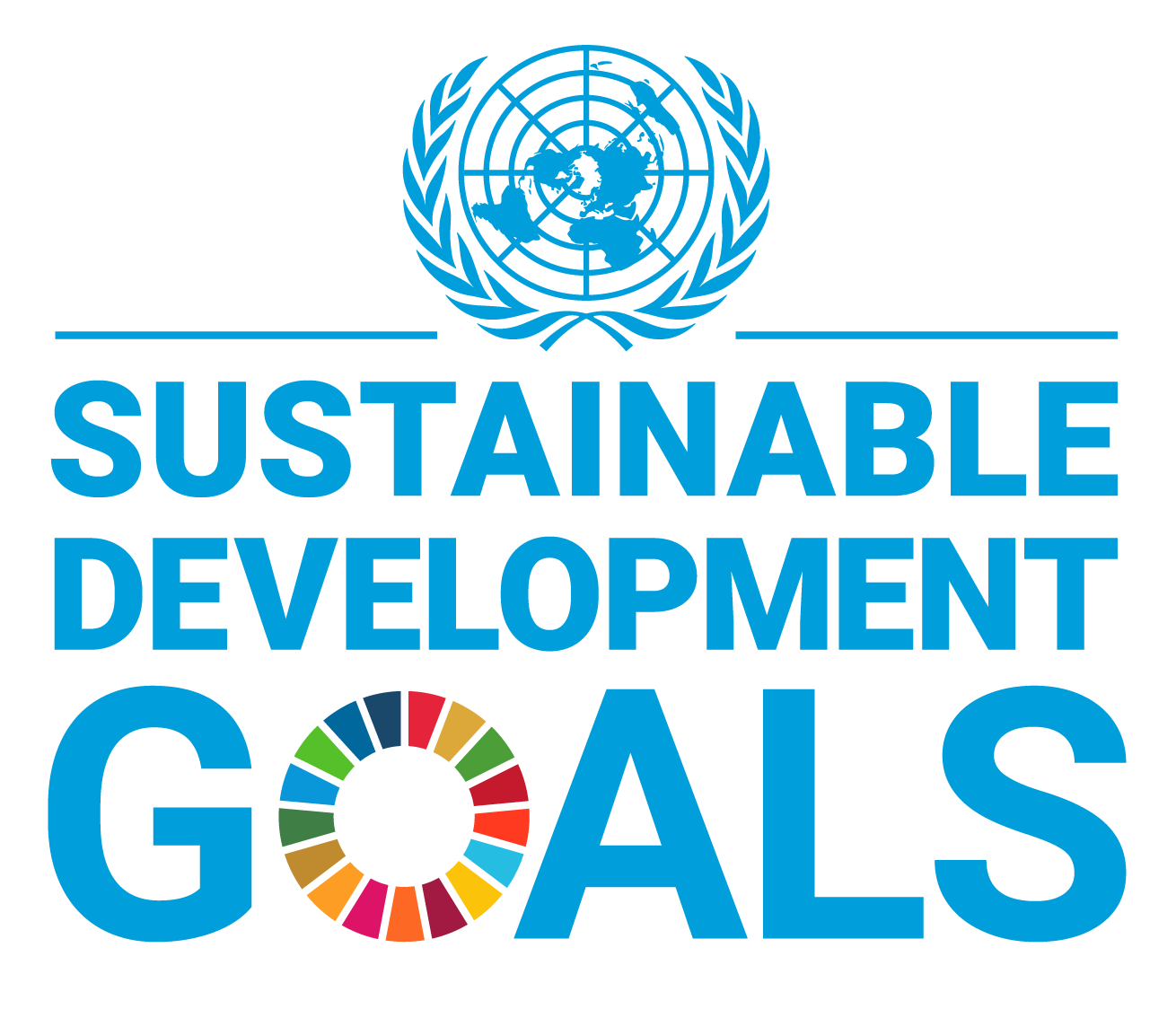- Beranda
- Tentang Kami
- Akademik
- Kemahasiswaan
- Riset
- Unit Layanan Fakultas
- LPPKM
- SDGs Initiatives


The Faculty of Public Health of Universitas Indonesia participates in cross-sectional dialogue about SGDs, namely for SDG number 3 concerning Good Health and Wellbeing and SDG number 4 concerning Quality Education.
To support SDG number 4, the faculty carries out Round Table Discussion activities for Bachelor’s and Master’s programs which aim to provide information and get input from students, graduate users and graduates regarding the vision, mission, curriculum, competencies and implementation of the courses presented by the study program.
Moreover, the faculty is collaborating with 26 universities in Southeast Asia in facing the post COVID-19 pandemic era, namely by holding the 2nd International Teleconference on Technology and Policy in Supporting Implementation of COVID-19.
Kolaborasi FKM UI dan 26 Universitas Asia Tenggara dalam Menghadapi Era Post COVID-19 Pandemic
SDG1 is related to ending poverty everywhere and in all its forms. Through research and publications conducted by lecturers of the Faculty of Public Health, several publication related to SDG1 are:
1) How well are Indonesia’s urban poor being provided access to quality reproductive health services?
2) Building on health security capacities in Indonesia: Lessons learned from the COVID-19 pandemic responses and challenges,
3) The sustainability of premium payment of national health insurance’s self-enrolled members in Jakarta Greater Area.
How well are Indonesia’s urban poor being provided access to quality reproductive health services?
SDG2 is related to eliminating hunger, achieving food security and good nutrition, as well as promoting sustainable agriculture. Through research and publications conducted by lecturers of the Faculty of Public Health, several publication related to SDG2 are:
1) Assessing the food control system in Indonesia: A conceptual framework,
2) Spatial analysis of stunting determinants in 514 Indonesian districts/cities: Implications for intervention and setting of priority,
3) Geographic and Socioeconomic Disparity in Child Undernutrition across 514 Districts in Indonesia
Assessing the food control system in Indonesia: A conceptual framework
Geographic and Socioeconomic Disparity in Child Undernutrition across 514 Districts in Indonesia
SDG3 is related to ensuring a healthy life and supporting well-being for all. Through research and publications conducted by lecturers of the Faculty of Public Health, several publication related to SDG3 are:
1) Current status of insecticide resistance in malaria vectors in the Asian countries: A systematic review,
2) The Relationship between the Activity Balance Confidence and Mobility Tests among Older Adults in Indonesia,
3) Analysis of Service Quality and Resident Supervision in Accordance with Hospital Accreditation Standards
SDG4 is related to ensuring quality education. Through research and publications conducted by lecturers of the Faculty of Public Health, several publication related to SDG4 are:
1) Android-based Mobile Panic Button UI application design development in responding to emergency situations in Universitas Indonesia,
2) Multi-Sectoral Partnership for Waste Management Evaluation and Awards Recognition in Higher Education
SDG5 is related to achieving gender equality and empowering women and girls. Through research and publications conducted by lecturers of the Faculty of Public Health, several publication related to SDG5 are:
1) Evidence-Based Nutrition Interventions Improved Adolescents’ Knowledge and Behaviors in Indonesia,
2) Population-Based Study on the Maternal-Newborn-Child Health Continuum of Care: Evidence From Lower-Middle-Income Countries in Southeast Asia
Evidence-Based Nutrition Interventions Improved Adolescents’ Knowledge and Behaviors in Indonesia
SDG6 is related to ensuring access to clean water and sanitation. Through research and publications conducted by lecturers of the Faculty of Public Health, several publication related to SDG6 are:
1) The Application of Hospital Safety Index for Analyzing Primary Healthcare Center (PHC) Disaster and Emergency Preparedness,
2) The Impact of Air Pollution on Gut Microbiota and Children’s Health: An Expert Consensus,
3) Associations Between Ambient Particulate Air Pollution and Cognitive Function in Indonesian Children Living in Forest Fire–Prone Provinces
The Impact of Air Pollution on Gut Microbiota and Children’s Health: An Expert Consensus
SDG8 is related to supporting inclusive and sustainable economic growth. Through research and publications conducted by lecturers of the Faculty of Public Health, several publication related to SDG8 are:
1) A Human Dimension Model for The Urban Vertical Housing Sustainability Through Indoor Air Quality,
2) Community empowerment of waste management in the urban environment:More attention on waste issues through formal and informal educations
A HUMAN DIMENSION MODEL FOR THE URBAN VERTICAL HOUSING SUSTAINABILITY THROUGH INDOOR AIR QUALITY
SDG9 is related to supporting infrastructure, industry, and innovation. Through research and publications conducted by lecturers of the Faculty of Public Health, a publication related to SDG9 is:
1) Health information system concept in health services in the national health insurance (Jaminan Kesehatan Nasional/JKN) era in Indonesia: An environment and one health approach
SDG10 is related to reducing inequality within and between countries. Through research and publications conducted by lecturers of the Faculty of Public Health, several publication related to SDG10 are:
1) Modeling the Prevalence of Tuberculosis in Java, Indonesia: An Ecological Study Using Geographically Weighted Regression,
2) Care-seeking and health insurance among pregnancy-related deaths: A population-based study in Jember District, East Java Province, Indonesia
https://so03.tci-thaijo.org/index.php/jpss/article/view/257477
SDG11 is related to building inclusive, safe, durable, and sustainable cities and communities. Through research and publications conducted by lecturers of the Faculty of Public Health, several publication related to SDG11 are:
1) One Health: A new definition for a sustainable and healthy future,
2) The effects of climate factors, population density, and vector density on the incidence of dengue hemorrhagic fever in South Jakarta Administrative City 2016-2020: an ecological study
One Health: A new definition for a sustainable and healthy future
SDG12 is related to ensuring sustainable consumption and production patterns. Through research and publications conducted by lecturers of the Faculty of Public Health, several publication related to SDG12 are:
1) Impact of Producer’s Environmental Performance on Consumers and Retailers Simultaneously in the Indonesian Retail Environment,
2) Household Waste Control Index towards Sustainable Waste Management: A Study in Bekasi City, Indonesia
SDG13 is related to climate change management. Through research and publications conducted by lecturers of the Faculty of Public Health, a publication related to SDG13 is:
1) Safety Climate in the Indonesian Construction Industry: Strengths, Weaknesses and Influential Demographic Characteristics
SDG14 is related to maintaining marine ecosystems. Through research and publications conducted by lecturers of the Faculty of Public Health, a publication related to SDG14 is:
1) Estimating the Nanobubble Aerated System and Stocking Density Effects on Oxygen Consumption and Survival of Litopenaeus vannamei (Boone, 1931) Postlarvae 8 Using Receiver Operating Characteristic (ROC) Analysis
SDG15 is related to preserving terrestrial ecosystems, managing forest sustainability, combating desertification, and preventing as well as reversing land degradation and halting biodiversity loss. Through research and publications conducted by lecturers of the Faculty of Public Health, several publication related to SDG15 are:
1) Validating the 6 year (2016–2021) anthropogenic induced small island wildfire hazards in Pulau Seribu archipelago, Indonesia,
2) Diversity and Potential Carbon Services of In-Situ Conservation Reserve in Gunung Sepuluh Timur Forest at Balikpapan, East Kalimantan
SDG16 is related to supporting peaceful and inclusive societies for sustainable development, providing access to justice for all and building effective, accountable, and inclusive institutions at all levels. In 2022, there are no publications related to SDG16 published by lecturers of the Faculty of Public Health.
SDG17 is related to strengthening implementation measures and revitalizing the global partnership for sustainable development. Through research and publications conducted by lecturers of the Faculty of Public Health, a publication related to SDG17 is:
1) Factors Associated with The Four-Visit ANC in Indonesia: A Population-Based Study
FACTORS ASSOCIATED WITH THE FOUR-VISIT ANC IN INDONESIA: A POPULATION-BASED STUDY
The Faculty of Public Health is committed to meaningful education around the Sustainable Development Goals across the university which will be relevant and applicable to all students. To keep the commitment, the Faculty of Public Health always tries to incorporate the SDGs values in every subject when possible. The list of subjects that involve learning of the SDGs values can be found in the evidence link provided.

